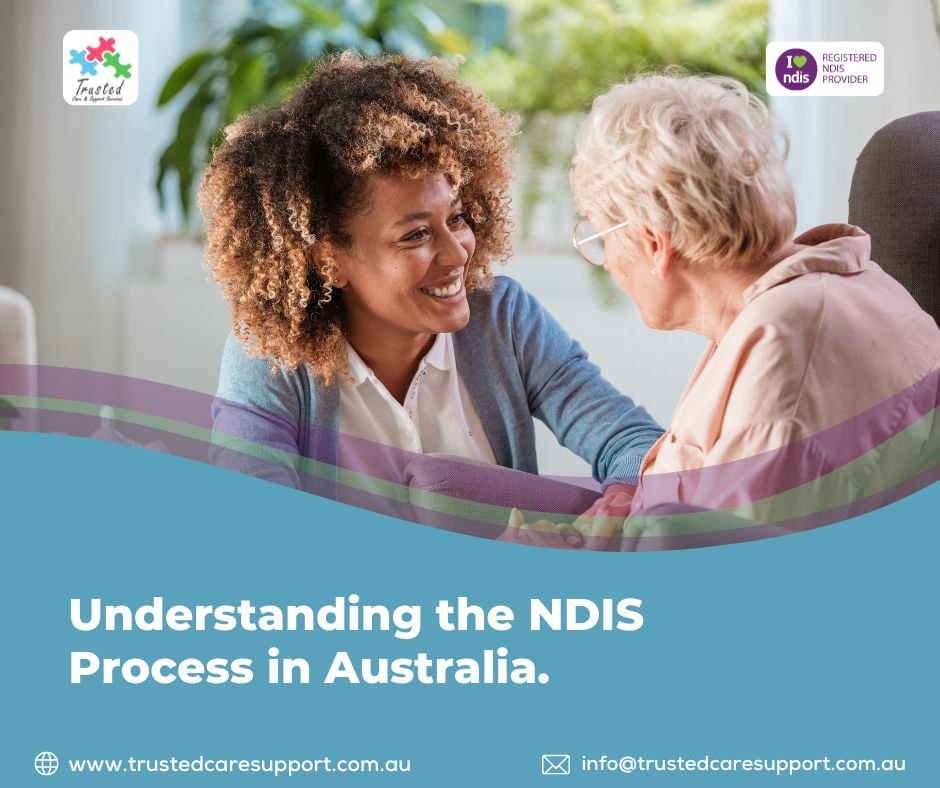The National Disability Insurance Scheme (NDIS) is a comprehensive disability support system in Australia that is designed to provide eligible participants with the necessary resources and funding to achieve their goals and lead fulfilling lives. The scheme is managed by the National Disability Insurance Agency (NDIA), and it provides support for a wide range of disabilities, including physical, intellectual, and psychological disabilities. In this article, we will provide a comprehensive overview of the NDIS process, including eligibility criteria, how to apply, and what to expect during the planning and implementation phases.
- Eligibility Criteria for the NDIS
To be eligible for the NDIS, individuals must be under 65 years of age and have a permanent and significant disability that affects their ability to perform everyday activities. The disability must also be likely to last for the individual’s lifetime. In addition, the disability must have a significant impact on the individual’s ability to participate in the community, to work or to study.
To determine eligibility, applicants are required to complete an access request form, which will be reviewed by the NDIA. If the applicant meets the eligibility criteria, they will then be invited to participate in the planning process.
- How to Apply for the NDIS
To apply for the NDIS, individuals must complete an access request form, which can be obtained through the NDIA website or by contacting their local NDIA office. The form will require the applicant to provide personal and medical information, including details of their disability, and how it affects their daily life.
Once the form has been submitted, the NDIA will review the application and make a decision about eligibility. If the application is successful, the individual will be contacted to arrange a planning meeting.
- Planning and Implementation
The planning meeting is a crucial part of the NDIS process, as it allows the individual and their support network to develop a plan that outlines their goals, needs, and aspirations. The plan will also detail the funding that the individual will receive from the NDIS.
During the planning meeting, the individual and their support network will work with an NDIS planner to identify their goals and needs. This may include support with daily living tasks, assistance with education or employment, or support to participate in the community.
Once the plan has been developed and agreed upon, the NDIA will then approve the plan, and the individual will be able to start accessing the support and funding outlined in the plan. The implementation of the plan may involve working with service providers, such as support workers, therapists or other professionals to deliver the necessary support.
- Trusted Care – Your NDIS Provider
As an NDIS participant, you have the choice of which service providers you work with to deliver your support. One such provider is Trusted Care, a leading NDIS provider in Australia, providing services that empower individuals with disabilities to achieve their goals, build skills and develop independence.
Trusted Care provides a range of services to NDIS participants, including support with daily living tasks, therapy, and other specialized support. The organization’s support team is highly skilled and experienced, and they are committed to working with individuals to achieve their goals and improve their quality of life.
In conclusion, the NDIS is a valuable resource for individuals with disabilities in Australia, providing comprehensive support to help them achieve their goals and lead fulfilling lives. The process of accessing the scheme can seem daunting, but with the right support, it can be a positive experience. If you are looking for a trusted NDIS provider in Australia, Trusted Care is an excellent choice, providing expert support to help you achieve your goals and live your best life. To learn more about Trusted Care and the services they offer, visit their website at http://trustedcaresupport.com.au/.

